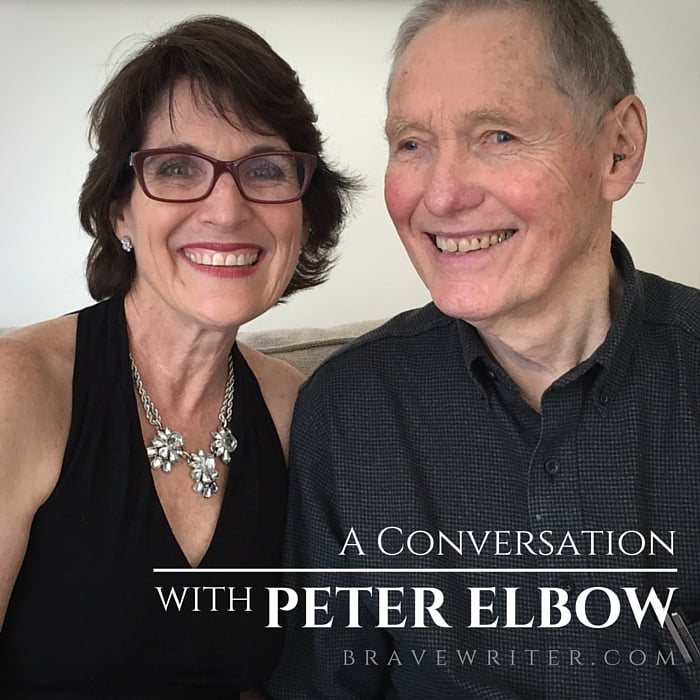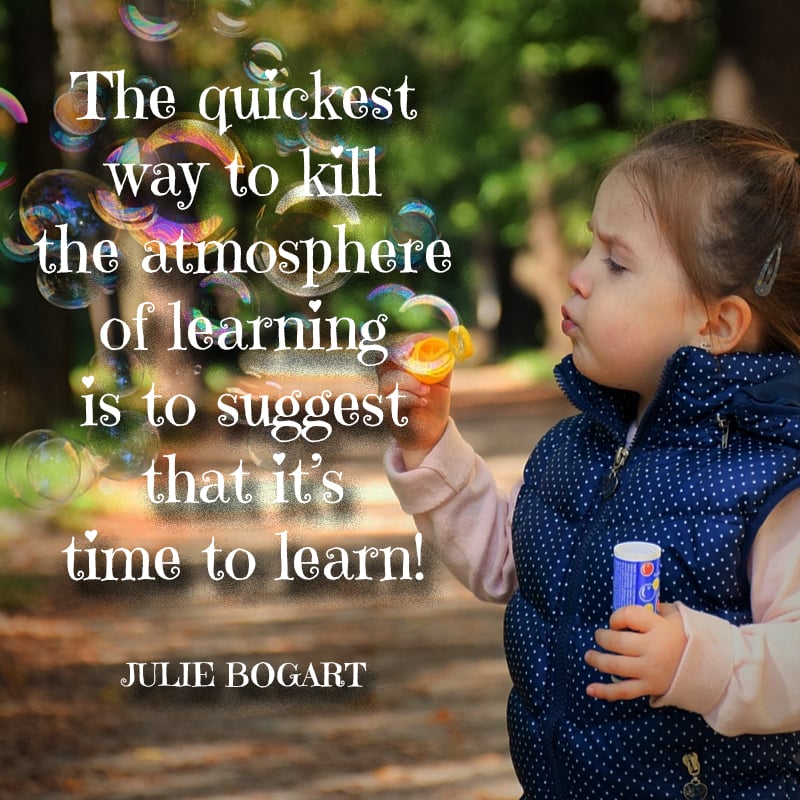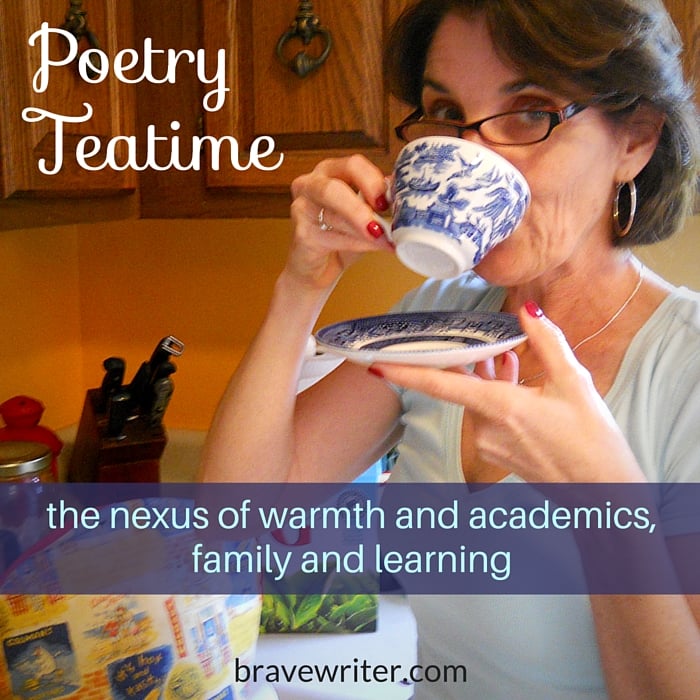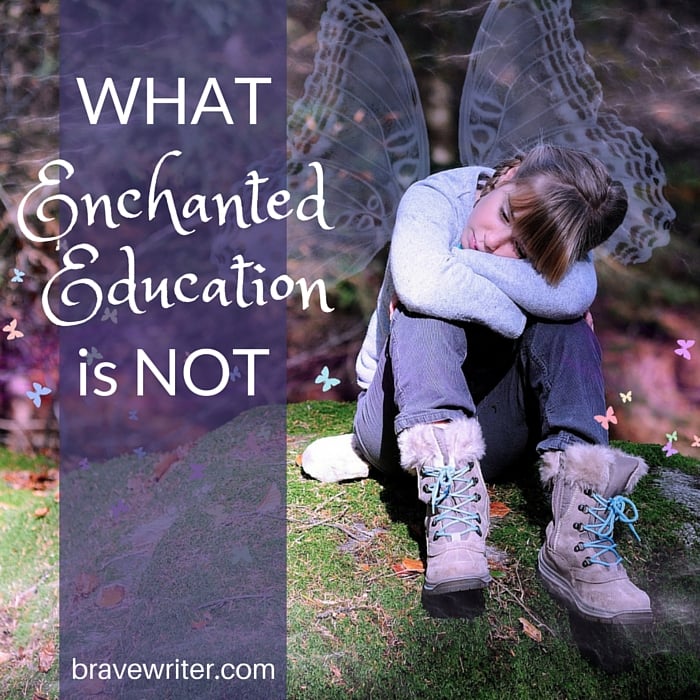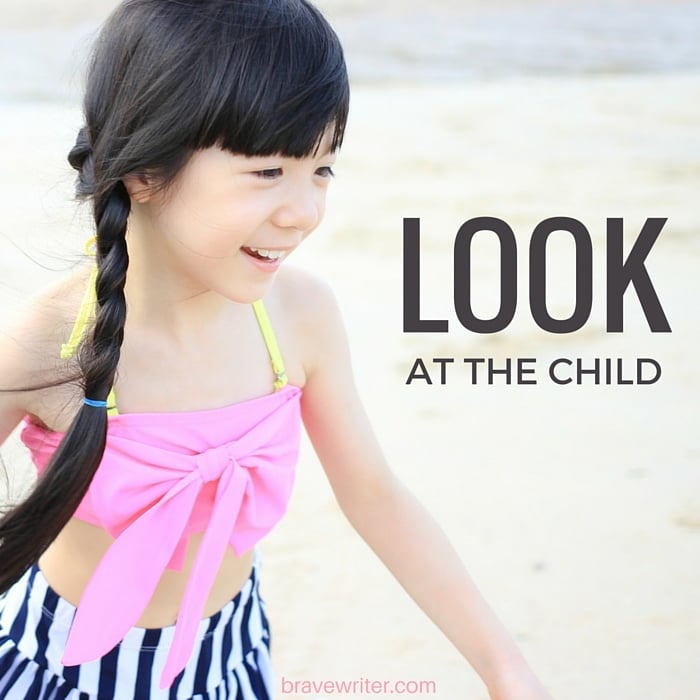
One of the dangers of philosophical discussion is the hunger we all have for a turn-key method. We hope we can find a set of rules or practices that makes learning natural, magical, and practical. We want to have education be about happiness and ease, natural aptitude and hunger. We want to ensure that the natural method also fulfills state requirements or college application transcripts.
When we see boredom or loss of appetite or struggle, we doubt any method (any!).
Instead of looking at method, look at the child. By tuning in to your young person, you will be given the awareness you need. This is a moment by moment kind of parenting—not a “plan” for X child. Sometimes it feels nurturing to have someone else plan a lesson, sometimes it feels positively liberating to be free to pursue whatever it is that fascinates, and sometimes it is wonderful to join a class under the leadership of an expert.
If we move away from labels (relaxed schooling, unschooling, classical education, Waldorf, Montessori, Charlotte Mason, Project-based Learning, Brave Writer Lifestyle, textbooks, public school) and move toward the child (with our expanded understanding of education and learning based on the research we do for our own satisfaction), we will navigate the landscape of learning according to the map that the child gives us and have a wide variety of options to offer. We can move confidently between them because we aren’t trying to match someone else’s vision. We will instead be aware that it is up to us and our children to evaluate method and practice year by year, subject by subject, interest by interest, sometimes day by day.
When we recognize that learning happens all the time, when we see the whole wide world in all its variety as source material for a rich education, we change the tone of our relationship to education AND our children. To me, that’s its chief gift and one worth revisiting frequently.


